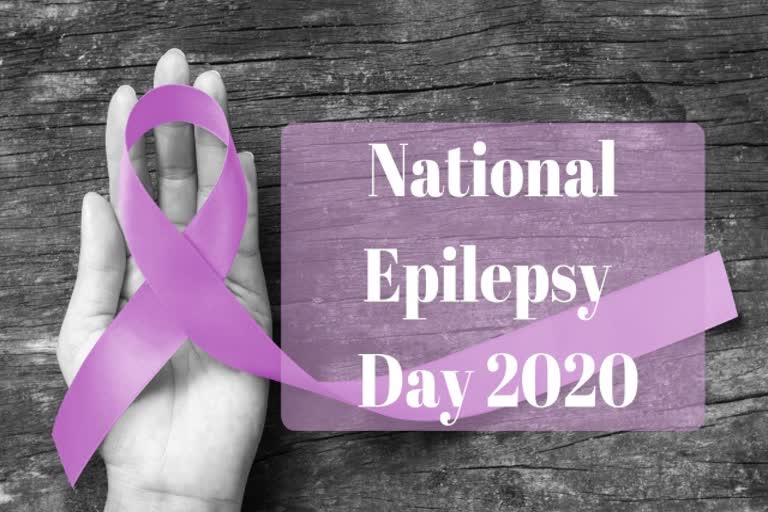In India on 17th November, National Epilepsy Day is observed to spread awareness about this neurological disorder. According to the World Health Organization (WHO), around 50 million people worldwide have epilepsy, making it one of the most common neurological diseases globally and nearly 80% of people with epilepsy live in low- and middle-income countries. Therefore, here is what you need to know about it.
What Is Epilepsy?
WHO explains epilepsy as a chronic non-communicable disease of the brain. It is characterized by recurrent seizures, which are brief episodes of involuntary movement that may involve a part of the body (partial) or the entire body (generalized) and are sometimes accompanied by loss of consciousness and control of bowel or bladder function. Seizure episodes are a result of excessive electrical discharges in a group of brain cells. Different parts of the brain can be the site of such discharges. Seizures can vary from the briefest lapses of attention or muscle jerks to severe and prolonged convulsions. Seizures can also vary in frequency, from less than 1 per year to several per day.
What Causes Epilepsy?
While there can be various reasons that can cause epilepsy, sometimes the cause may remain unknown. Some of the causes as stated by WHO include:
- brain damage from prenatal or perinatal causes (e.g. a loss of oxygen or trauma during birth, low birth weight);
- congenital abnormalities or genetic conditions with associated brain malformations;
- a severe head injury;
- a stroke that restricts the amount of oxygen to the brain;
- an infection of the brain such as meningitis, encephalitis or neurocysticercosis,
- certain genetic syndromes; and
- a brain tumour.
Signs And Symptoms Of Epilepsy
According to the National Health Portal (NHP) of India, some of the symptoms are:
- Sudden twitching (uncontrollable jerking motions of the arms and legs)
- Loss of consciousness
- Tingling sensation (feeling of pricking pins or needles) in arms or legs
- Stiffness in muscles of arms or legs or face
Further, WHO also states that characteristics of seizures vary and depend on where in the brain the disturbance first starts, and how far it spreads. Temporary symptoms occur, such as loss of awareness or consciousness, and disturbances of movement, sensation (including vision, hearing and taste), mood, or other cognitive functions. People with epilepsy tend to have more physical problems (such as fractures and bruising from injuries related to seizures), as well as higher rates of psychological conditions, including anxiety and depression.
9 Tips To Deal With Seizures
Since most people with epilepsy happen to suffer from seizures, here are some tips to remember, as explained by NHP, regarding what to do when someone has seizures.
- Do not panic.
- Do not try to restrain the person during a seizure.
- Remove sharp objects or other harmful objects out of the person with seizures.
- Loosen any tight neckwear.
- Gently roll the person onto one side so that any fluid in the mouth can safely come out.
- Put something soft under his or her head.
- Do not put anything into the person’s mouth for the fear of swallowing tongue.
- Be with the person until medical help arrives.
- Allow the person to rest or sleep.
Therefore, the symptoms of epilepsy can be managed. “Up to 70% of people living with epilepsy could become seizure-free with appropriate use of anti-seizure medicines,” says WHO. Treatment should not be delayed and medication should be followed properly. Early diagnosis and proper treatment can prevent further deterioration of the disorder. Also, people suffering from epilepsy must strictly avoid the consumption of alcohol, as it can provoke seizures.



